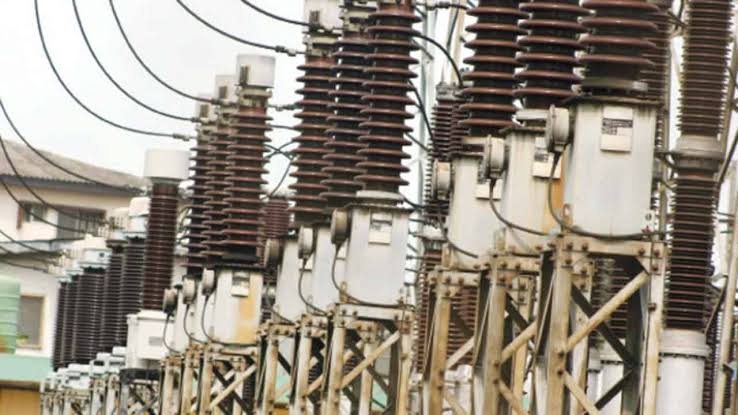The Rural Electrification Agency has signed two Memoranda of Understanding to generate 500 megawatts of renewable energy to electrify rural communities across the nation.
The agency earlier signed a 250MW agreement with Husk Power, saying these agreements represent a significant step forward in realizing its vision of providing electricity for 23 per cent of the 85 million Nigerians with no access to electricity.
On Thursday, the REA Managing Director/Chief Executive Officer, Abba Aliyu, signed a 250MW agreement with EM-One, a renewable energy company, at the Eko Hotels, Lagos.
“The MoU with EM-One signifies a combined commitment to deliver an additional 250MW of interconnected mini-grids across Nigeria.
“These interconnected mini-grids will target peri-urban and rural communities, with a particular focus on sites with large-scale anchor loads like factories or commercial centres. These anchors will not only power their operations but also serve as hubs, illuminating surrounding underserved communities,” the REA boss said.
According to him, mini-grids are a core component of the REA’s Distributed Access through Renewable Energy Scale-Up project, aiming to enhance energy access, stimulate local economies, and promote balanced development across Nigeria.
“The partnership with EM-One, alongside the agreement with Husk Power signed at the Energy Access Investment Forum, brings the total combined commitment to a staggering 500MW of renewable energy delivered through mini-grids.
“The MoUs also pave the way for cutting-edge technologies like smart grids and decentralised systems to be integrated with interconnected mini-grids. The integration of such technologies will increase grid visibility, optimise power flows, and enable large-scale grid interconnection of renewable energy, ultimately modernising Nigeria’s energy infrastructure and ensuring efficient energy distribution,” he stated.
The CEO of EM-One, Mir Islam, highlighted the innovative aspects of the partnership, saying “We are excited to work with REA to bring cutting-edge technologies like smart grids and decentralised systems to address the challenge of energy access in Nigeria”.
He said these solutions will not only enhance energy efficiency but also ensure that renewable energy can be reliably integrated into the national grid.
Get instant and latest news updates via Our WhatsApp Community or Google News online channel.


